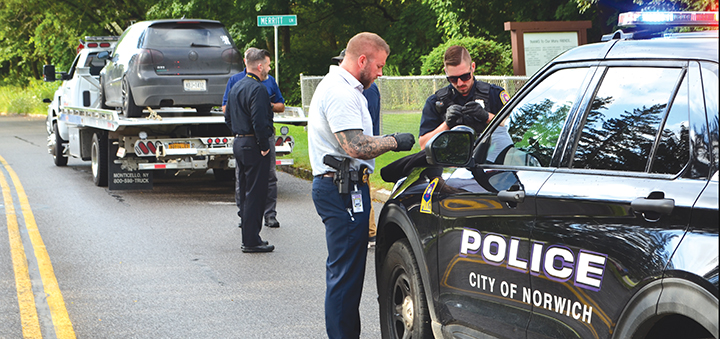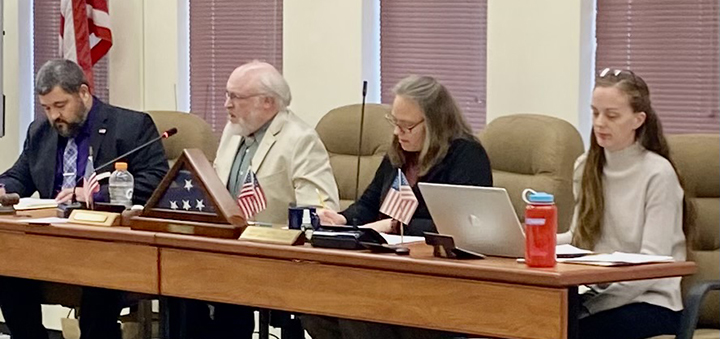Sportsmen face uphill battle in winning the lobbying wars
On Tuesday, Jan. 25, several hundred and perhaps more sportsmen will be in the "Well" of the Legislative Office Building in Albany for the nd Annual Sportsmen & Outdoor Recreation Legislative Awareness Day. The event is the result of Minority Leader Brian Kolb and the Assembly Minority Conference’s idea to allow hunters, fishermen, trappers, snowmobilers, ATV devotees and others to gather at the State Capitol to showcase their products, lobby their legislators and network with like-minded New Yorkers.. Last year’s event attracted about 3,000 participants.
The event has largely replaced the old Sportsmen March on Albany, sponsored by the NYS Conservation Council, which had enjoyed only modest success as a lobbying tool. Historically, the biggest lobbying hurdle facing the state’s sportsmen has been funding and solid organizational structuring. When you talk lobbying in Albany, you’re talking about busing in thousands of well prepared (and often paid) lobbyists that know how to work the attending media for maximum benefit. Unfortunately for sportsmen, these are often the anti hunting and anti gun ownership supporters, many hailing from far downstate and even out of state.











Comments